Bakgrunnen for streiken er en ny spesialiseringsreform, som skal redusere spesialiseringstiden og potensielt kan ødelegge de faglige premissene for utdannelsen. Det er tatt lite hensyn til å lage gode overgangsordninger, og de yngre legene opplever at argumenter om å tilpasse seg nasjonale standarder er viktigere enn å bevare faglig kvalitet i utdannelsen.
De franske yngre legene er organisert i ISNI (InterSyndicat National des internes), som kjemper for å øke bevisstheten omkring den truede utdannelsen og hvilke konsekvenser dette har for det offentlige helsevesenet i Frankrike.
Audrey Fontaine er visepresident i ISNI, og har skrevet en oversikt for oss om situasjonen:

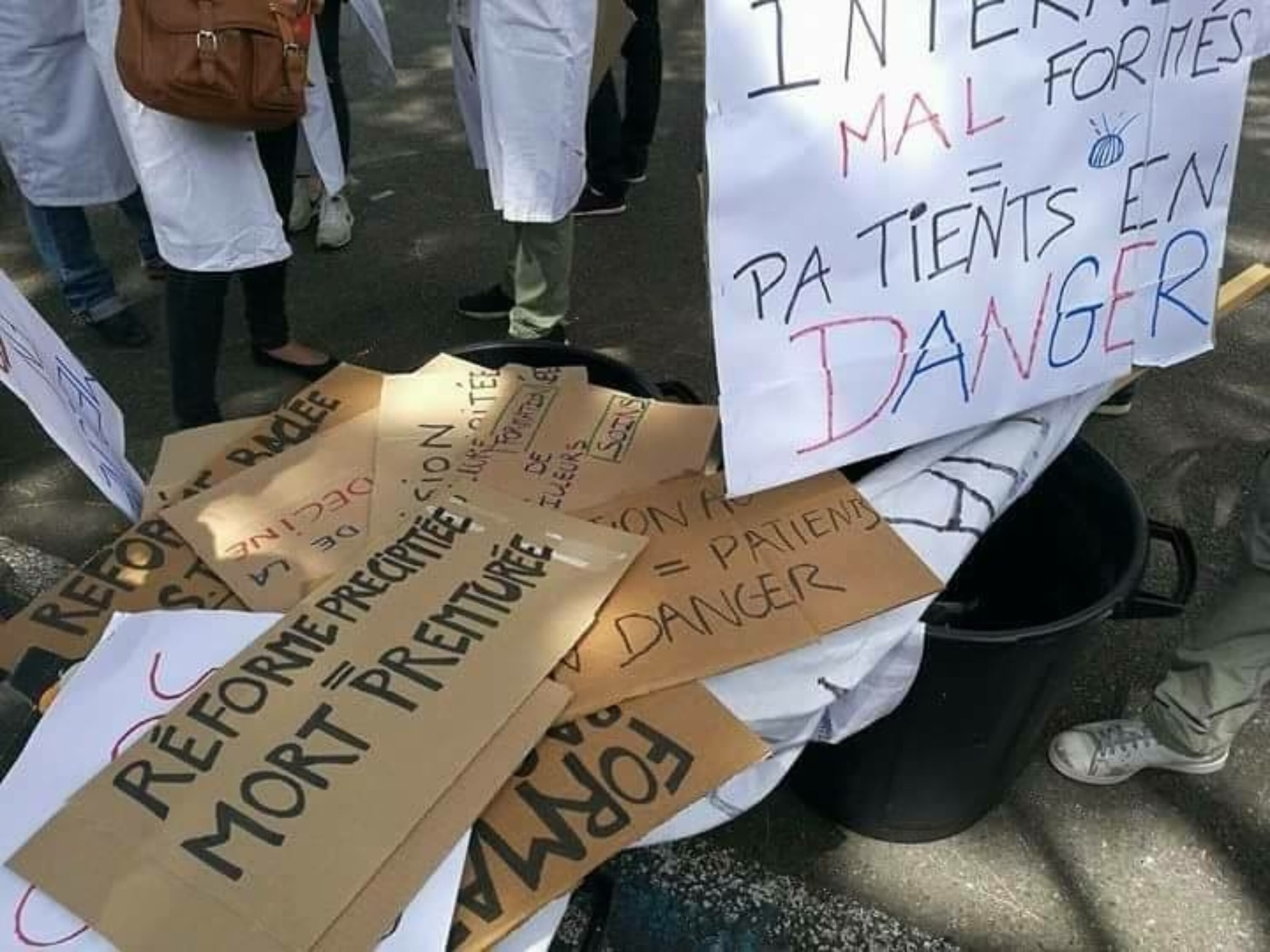
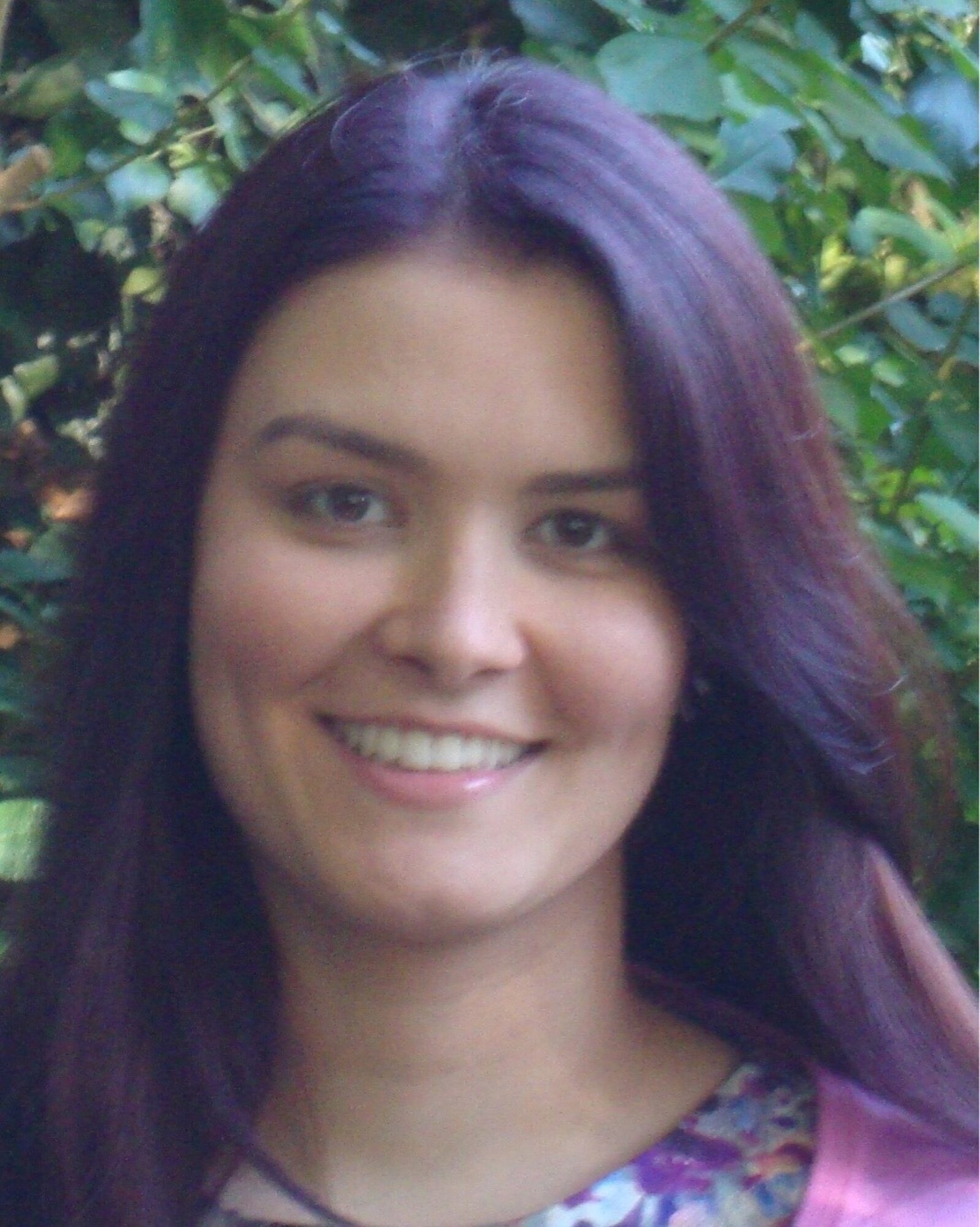
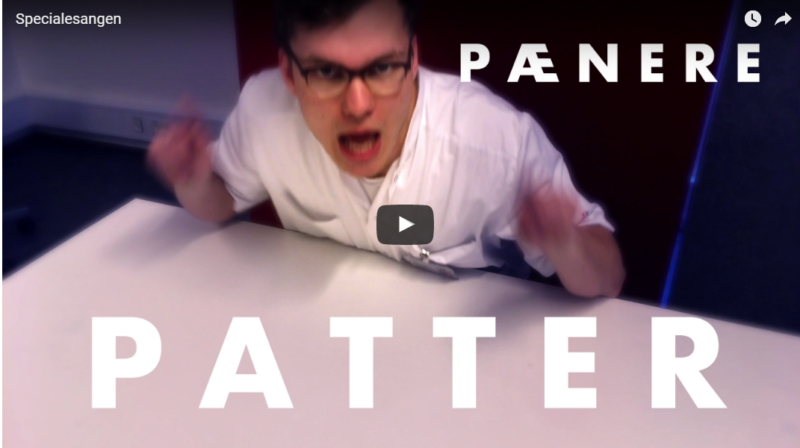
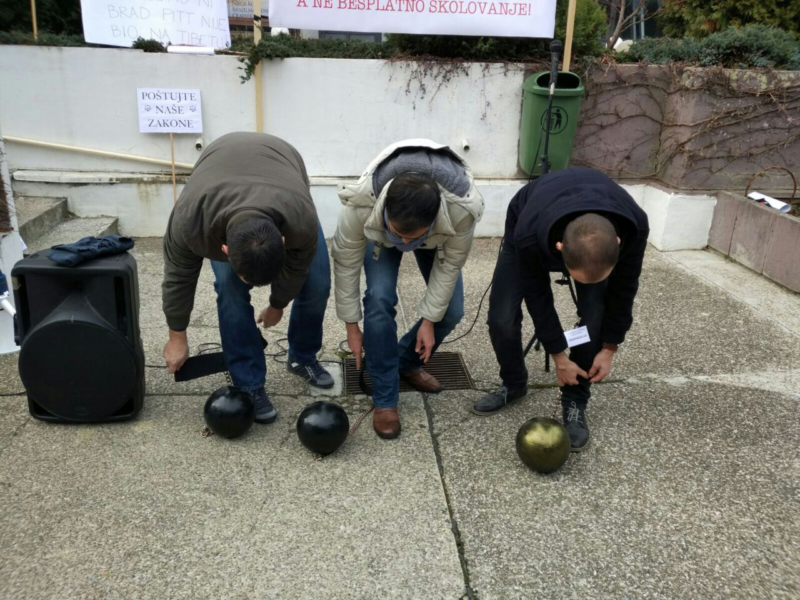
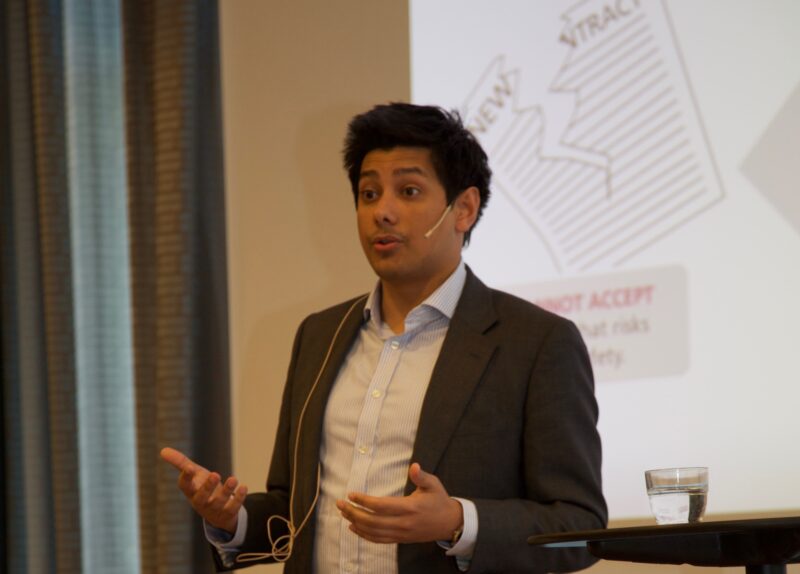
Kommentarer